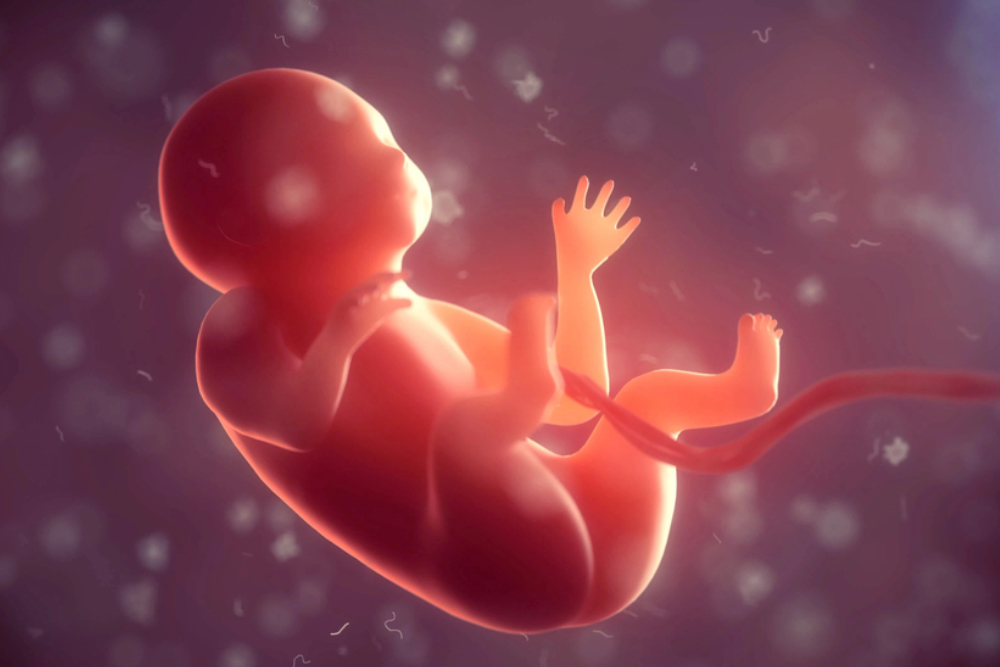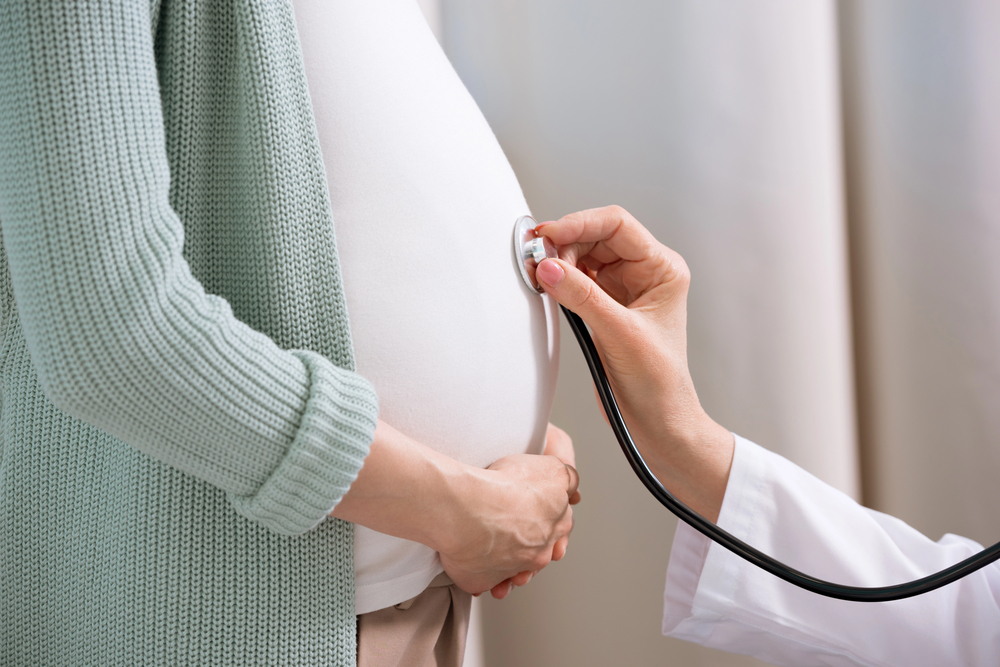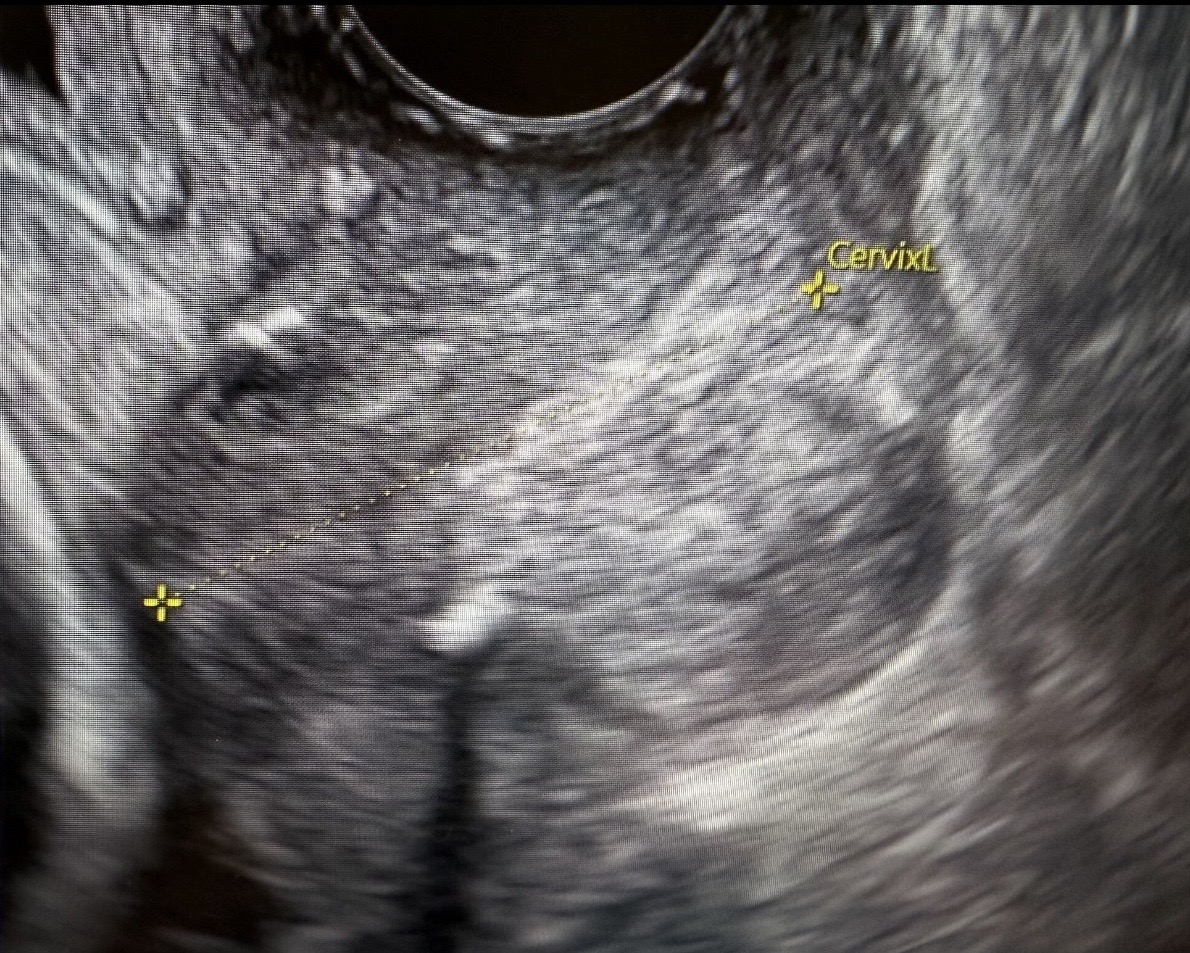Does Endometriosis Cause Infertility In Women?
Published on 03/05/21
Endometriosis. A condition that affects 11% of women in the United States. Mostly women in their 30s and 40s. A chronic yet, frustrating condition for some.
What Exactly Is Endometriosis?
Endometriosis occurs when the tissue that belongs in the lining of the uterus grows in areas of the body that it’s not supposed to! Yeah, that happens. This could be the fallopian tubes, the ovaries, the intestines, and the thoracic region. When it grows, it seems to look similar to the lining of the uterus but may grow on the outside of parts of the body. Which could even grow as far as your intestines or bladder. This is irritating to the reproductive system, can cause pain, scarring and unfortunately, infertility in women.
These types of growths cause swelling at times, or can bleed / block the regular functions of the fallopian tubes. These growths can also form adhesions or scar tissue which can also affect the bladder and intestines.
How do I know if I have endometriosis?
Many women who have endometriosis experience abdominal pain, especially during their period or during sex. Other women may experience nothing at all! However, all women with endometriosis find it difficult to get pregnant more times than not. About 30% to 50% of women who find it hard to conceive have endometriosis. Being able to diagnose it with your doctor normally happens with a pelvic exam and/or ultrasound. The only way to truly know if you’re dealing with endometriosis or to be 100% certain, is through a surgical procedure called a laparoscopy.
When a woman develops endometriosis, she may experience a couple or some of these symptoms:
- Painful menstrual cycles
- Chronic pelvic pain with or without your menstrual cycle
- Pain with sexual intercourse
- Infertility
- Digestive symptoms (bloating, painful defecation, straining with stools, rectal bleeding or constipation)
- Urinary symptoms (painful urination, blood in the urine, UTI and/or urinary frequency)
The level of severity with endometriosis and the symptoms associated, varies with each woman.
Fertility
One of the greater affecting symptoms is how endometriosis affects fertility. It can develop and affect it in many different ways. This, however, has become a case by case condition.
Up to 30% to 50% of women with endometriosis experience some level of infertility. With distortion of the organs, inflammation of the structures in the pelvis, changes in hormonal balance and environment that affects the eggs, impaired implantation, scarring, altered egg quality, and adhesions.
One of the better ways to combat endometriosis and it’s stages, is an evaluation from your doctor to determine the location, amount, and depth of your endometriosis. All confirmed with surgery, your doctor will score your level of endometriosis. This determines the stage you’re at. Stage 1 being minimal, stage 2, mild, stage 3 moderate, and stage 4 severe.
These stages or scores, directly correlate with pregnancy and rate of fertility. Women with stage four endometriosis, who deal with blocked fallopian tubes, damaged ovaries, and scarring. Mostly deal with the highest level of difficulty becoming pregnant.
The different stages of endometriosis generally relate to the type and amount of growths a woman may have. And how these growths have affected a particular area of the body.
In more severe cases, endometriosis can directly change the anatomy of a body part. Which directly impacts fertility. With pelvic adhesions, these can alter the motility of the sperm and hinder fertilization. Therefore impairing transportation of the embryo.
The stages of infertility may include:
Stage I: Minimal endometriosis has a few superficial growths.
Stage II: Mild endometriosis has more and deeper growths. There are few small implants (specs) of endometriosis, with no scar tissue seen. There are more implants of endometriosis, but less than 2 inches of the abdomen is involved and there is no scar tissue.
Stage III: Moderate endometriosis has many deep growths, small cysts on one or both ovaries and filmy adhesions. There is quite a bit of endometriosis in the abdomen which may be deep and may create pockets of endometriotic fluid (chocolate cysts, or endometriomas) in the ovaries. There may be scar tissue around the tubes or ovaries.
Stage IV: Severe endometriosis has many deep growths, large cysts on one or both ovaries and many dense adhesions. A great deal of endometriotic implants, possibly large endometriotic cysts in the ovaries, possible scar tissue between the uterus and the rectum (lower part of the intestines), and around the ovaries or fallopian tubes
If you are trying to get pregnant and believe you may have or have endometriosis, your doctor will help you determine how and if endometriosis is a major factor in your ability to conceive.
Infertility Treatments
Estrogen is needed for endometriosis to develop and grow. For milder conditions, birth control pills and other drugs that help lower or even block estrogen production have been proven to improve pain and symptoms of endometriosis.
For women looking to become pregnant, versus managing pain and symptoms by estrogen hormones; may need to consider medical therapy prior to attempting to get pregnant. Although, this doesn’t always improve pregnancy rates.
This treatment will restore your normal anatomy and will allow your reproductive organs to function more normally. Your chances of becoming pregnant are improved after surgical treatment, especially if your endometriosis is in the moderate or severe range. The combination of surgical and medical therapy may be beneficial in patients attempting to conceive through in vitro fertilization or IVF. Overall, treatment is highly individualized for each patient.
There can be several different treatment options available for these types of conditions. This may include oral or injectable medication, anti-inflammatory medication, and/or surgical options. Talk to your doctor about the stage that affects you and the level of severity for types of treatment.
Regardless of the stage, Endometriosis is always associated with an increased risk or having difficulty getting pregnant. Even for women who aren’t looking to get pregnant, research has shown that the amount of endometriosis that is seen at the time of laparoscopy is linked to the future of that woman’s fertility.
If you’re having difficulty or had difficulty getting pregnant and have been diagnosed by your doctor, talk to your health care provider about the type of symptoms, stage, and intervention needed to help conceive.
There is additional treatment for infertility that also could include artificial reproductive technology, artificial insemination, and ovulation induction.
Some symptoms you may experience aren’t always related just to endometriosis. Symptoms other other gynecological issues could be concerns with an overlap of endometriosis. Considering all women have a different experience with endometriosis, make sure to talk to your doctor about all your symptoms and concerns, the level of severity of your symptoms, and if you plan on conceiving, determine the best plan on how to get you there.
Surgical Treatment
For women who are only in stage one and two of endometriosis, the concern for infertility decreases. These women may get pregnant on their own. “However, medical studies do suggest that if laparoscopy is done in women who have infertility, they are more likely to have endometriosis than women who become pregnant with no difficulty.” Trusted Source
There is some evidence that fertility can improve with stage one and two of endometriosis when it’s removed surgically. However, this isn’t the case for all women. If a woman with endometriosis is younger than 35, it’s considered reasonable to remove any visible amounts to help pregnancy chances increase. For women over the age of 35, most doctors recommend a laparoscopy for certain results.
For stages three or four endometriosis, pregnancy rates increase tremendously after removal of large endometriosis cysts and scar tissue. If this isn’t the case, fertility treatments may be an option for additional help.
Unfortunately, sometimes cysts can reform and come back. With constant removal of cysts, this can cause egg loss in the ovaries and make it even harder to conceive.
Our Doctors at Rosh Maternal & Fetal Medicine in NYC are here for you!
The doctors at Rosh Maternal & Fetal Medicine are experts at determining the precise cause of your pain and initiating a customized treatment plan to alleviate the pain and correct the underlying cause. When you have sudden, severe pain, don’t wait to get medical help. Call their office in the Midtown East area of New York City, or go to your local emergency department.
These underlying health problems should be treated to prevent more serious problems from developing. You can count on the extensive experience of the doctors at Rosh Maternal & Fetal Medicine to identify the cause and effectively treat endometriosis. If you have any questions about your menstrual periods or pains, call their office in the Midtown East area of New York City, or schedule an appointment online.
Talk to our team by phone or book an appointment online to get started. Call one of our six convenient NYC locations or schedule a video consultation online today! They’ve helped thousands of women. Come visit your NYC OBGYN.




